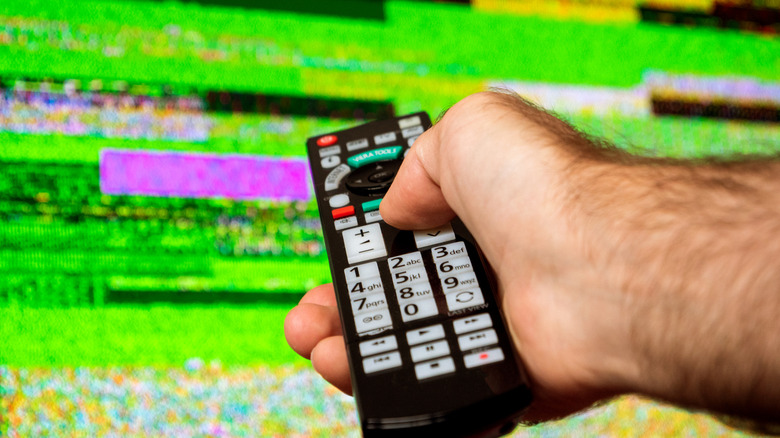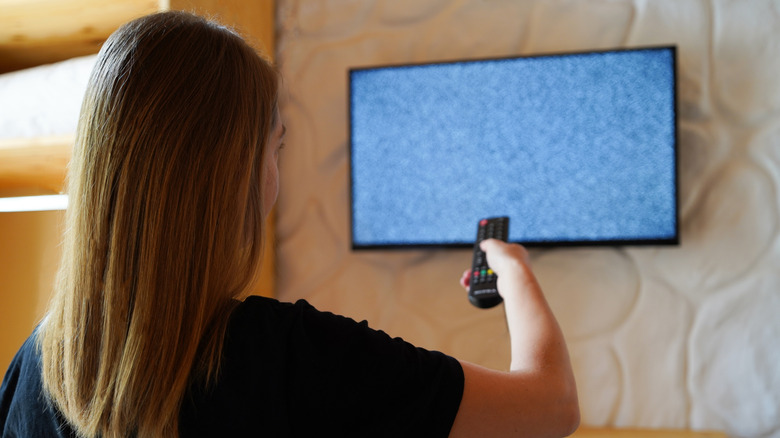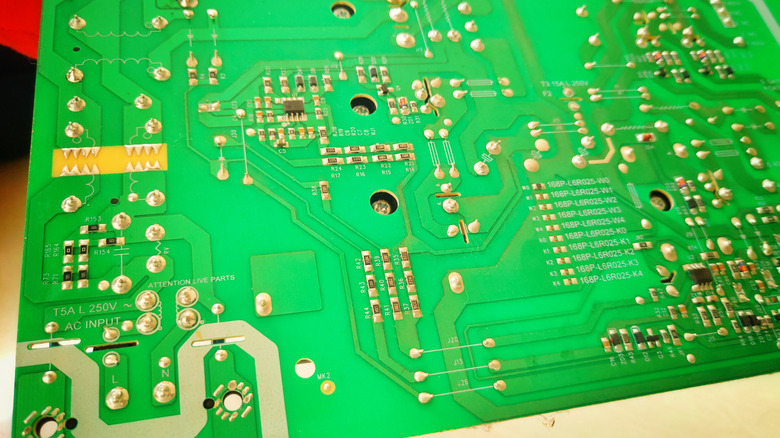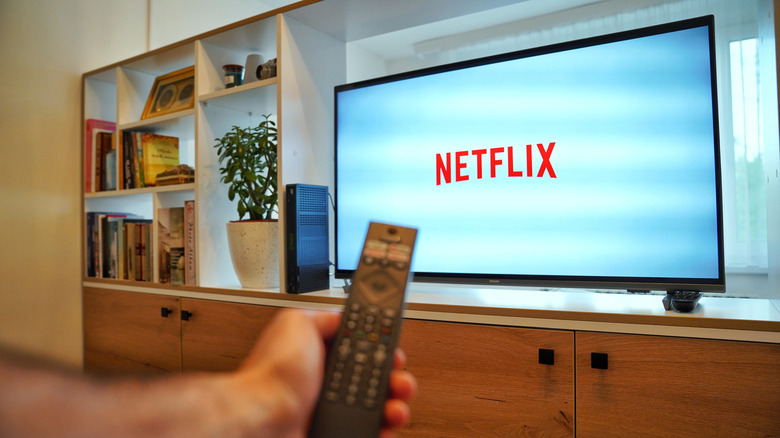With the convenience and advancement of smart TVs, it certainly feels like home viewing has reached a pinnacle state. Unfortunately, there’s one hurdle that even the newest, fanciest TV with 4K or 1080p resolution has not managed to conquer: the simple passage of time. Even the most technologically advanced TV has a finite lifespan, with the years gradually diminishing its display quality and slowing its processes. It’s frustrating, but TVs simply can’t last forever. So, the million-dollar question is how long you should expect any given TV to last?
The precise answer to that is bit tricky, as there’s multiple factors to consider. The most obvious element is how long the TV itself can actually function for, which can be around 10 years if you take excellent care of it and are a little lucky. More than that, though, there is also the matter of general degradation of internal components, keeping up with app and service updates, and how much support the manufacturer is willing to provide. Even if your TV doesn’t spontaneously explode, there are any number of reasons it could suddenly become much more difficult to use.
LED TVs can last up to 10 years, OLEDs slightly longer
For a moment, let’s put aside the fancier aspects of smart TVs like streaming, menu navigation, and so on. Looking at it from a purely hardware perspective, that being a screen that shows images, how long should you expect a TV to continue functioning normally? In ideal circumstances, a consistently-used, well-cared-for LED TV can last up to 10 years before it starts to fail. Most typical LED TVs are rated for around 50,000 hours of usage, a little under 6 years, before the screen becomes smudged or pixelated, but it can outlive that if you’re not watching it every day.
The big problem here is that those numbers are assuming middling usage with the brightness settings set right down the middle or lower. Of course, we all like to be able to see our TV screens clearly, so there’s a good chance you’ve got your brightness turned up higher, possibly to the max. If you watched an LED TV for hours on end every single day with the brightness near its maximum, its overall longevity could be knocked down to about 7 years, possibly less.
It’s worth noting that OLED TVs can last at least a few years longer than LED displays. This is because where LED displays use backlights, OLED displays have self-illuminating pixels, so they don’t burn out as fast. Sadly, even an OLED TV won’t last forever, especially if you’re leaving it on at max brightness for multiple hours every day.
Component degradation will gradually slow a smart TV’s processes
The addition of PC-like components and software has given our TVs a much greater degree of function than they had in the CRT days. However, all of the extra advancement that PC power has brought to TVs has also shackled them with a PC’s critical weakness: a gradual slowing of processing power.
Just like how your PC or smartphone gradually gets slower and less responsive the older they get, so too does your smart TV become gradually less responsive. Junk data gradually accumulates in the internal storage drive, and the device’s operating system starts to lag behind the curve. You may be able to periodically freshen things up by deleting unnecessary apps and files, but compared to the more intricate interface of a PC, a smart TV’s OS only gives you the bare minimum of back-end functionality. Anything more complicated than deleting surface-level files is either too difficult or simply not possible.
Even if your TV’s physical display is technically fine, it’s possible for the internals to wear out first, leaving you with a dumb TV in a smart TV’s casing. If you can still switch your TV’s HDMI inputs, you might be able to switch to an external device like a Roku stick for a period, but you’d still have the TV’s physical limitations to contend with.
New apps and services will gradually outpace your TV’s capabilities
Even if your smart TV is in good shape for the moment, the rest of the smart TV sector and its associated development will gradually move ahead of it. As with any other business in the tech industry, development is ongoing and exponential, and it only takes a few updates for apps and services to become incompatible with a smart TV.
Let’s say, hypothetically, you like to watch an app on your smart TV. Your TV can open and run the app just fine, and you can watch all the movies and shows you want. However, what if the app receives a substantial update, and something in that update doesn’t quite agree with your smart TV’s OS, rendering it unavailable? It may be unintentional, and if you’re lucky, a software patch will be released in due time. However, if your TV is using an outdated, obscure OS or the app’s developers are focusing on a specific brand or framework different from yours, that fix may never end up coming. It could also be a regional problem, with the app’s developers revoking permissions for use in your particular country.
This is admittedly an extreme example, but as we said, development is exponential. You never know what kind of changes apps and services can go through in just one year, to say nothing of the possible ten years of your TV’s lifespan.
Brands only offer warranties and updates for so long
Judging a TV’s longevity isn’t just about its physical resilience or the speed of its software, it’s also about support from the brand that made it. If your TV starts to fail right after you bought it, most brands will usually offer service or replace it for little-to-no cost. However, that grace period only lasts so long, and may have qualifications such as where you live. This is also assuming you bought it new, as if you buy your TV used, it may not have a warranty at all.
For the majority of major TV brands like Sony, Samsung, LG, or Vizio, the manufacturer’s warranty only lasts one year, possibly a year and half for some models. If your TV fails in that year, no problem, but after that, the manufacturer won’t offer you any further assistance unless you purchase an extended warranty. Even then, extended warranties usually only add a couple of years to the clock. LG, for instance, has extended coverage that only runs for 2-5 years, and that only covers the cost of parts, not labor. Your TV will probably work past an extended warranty, but if it starts to fail, it will be much harder to keep it going.
Additionally, much like Microsoft only putting out so many years of updates for its Windows operating systems, the manufacturer will only offer updates to certain models of TV with older OSes for so long. For example, according to a Tom’s Guide report in August of 2024, Samsung announced that it would begin offering seven years of software updates for its Tizen OS products starting with 2024 models. This means, come 2031, any TV with that OS will stop receiving updates, which means no more new optimizations or protections.
Source: http://www.slashgear.com/1814065/tv-how-long-last-extend-lifespan-tips/
 tvbroadview.com
tvbroadview.com





